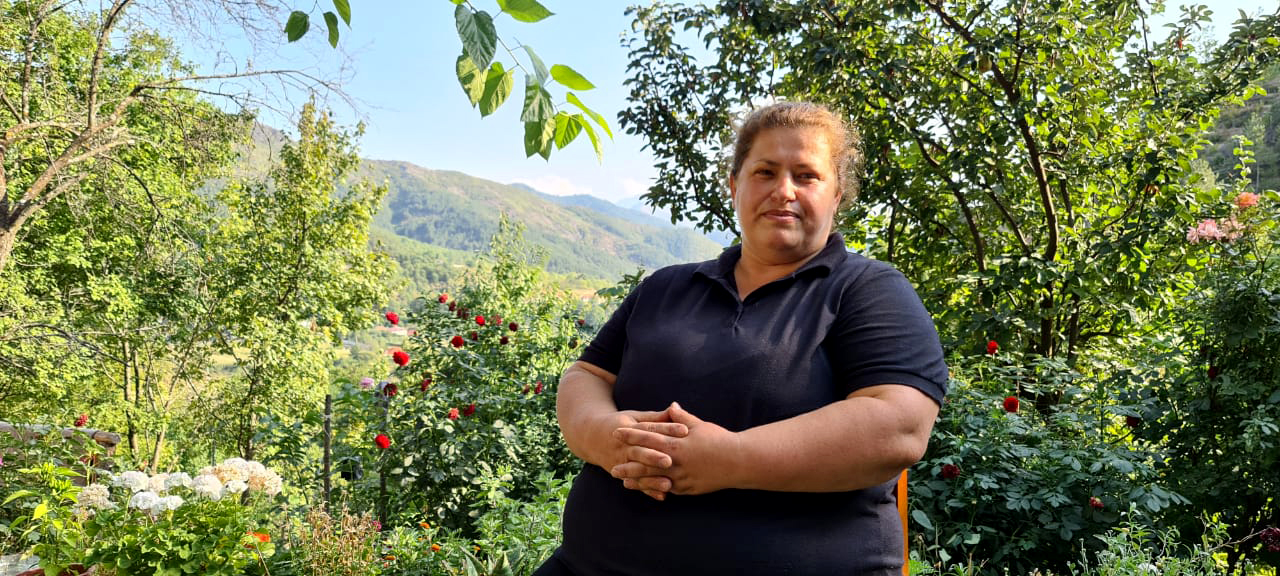“When me and my family used to hear of Covid-19, from a distance it seemed like a bad dream that would never come to us. Now that we are all seeing how this terrible virus is affecting our lives, it’s scary, very scary what I see, hear and live,” says Arjana Miria, member of We Effect’s partner organisation AgroPuka.
As a mother of three, she is particularly concerned with the health of her children. “In our village, so far, there have been no cases of infected persons. So, I am happy that they are all at home, beside me, and I don’t have to worry that they can be infected with the terrible virus that is killing so many people.”
The containment measures brought in by most governments were necessary to slow the spread of the virus and limit the death toll, but they have also caused widespread economic hardship.
The poor are facing the greatest risks due to weak resilience and limited access to resources and services. In the rural areas, food insecurity and poverty are most severe among the subsistence farmers, such as Arjana.
“I am unemployed, and I take care of the house and the garden. My husband is a seasonal cook. He prepares food at weddings and other festivities. But nothing is happening during this period, because, of course, crowds of people are not allowed,” says Arjana.
In these trying times both smallholder farmers and seasonal workers are working hard and struggling to make ends meet. Yet despite their best efforts, sometimes the outcomes are far from favorable.
“We have nothing to eat. Our savings have run out. Shops in the nearest town Fushe-Arrez are tired of us getting food there on credit and not paying for it. We are sinking in debts!” says Arjana.
Puka is one of the poorest areas in Albania. Almost half of the families receive some kind of social assistance and two-thirds of the population live below the poverty line. The unemployment, estimated at above 20%, shows particularly high rates when it comes to young people and women.
